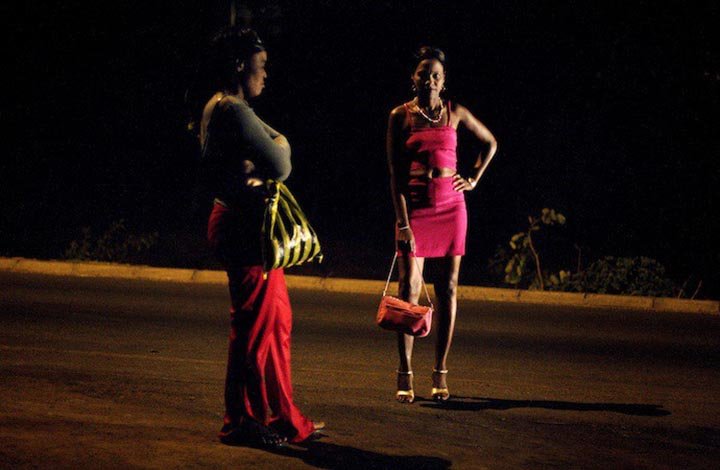THE prevalence of HIV is increasing among Africa’s sex workers with half of sex workers in Eswatini, Lesotho, Malawi, South Africa and Zimbabwe are living with HIV, a United Nations agency has revealed.
In its Data 2018 report, UNAIDS noted that key populations account for almost half of all new HIV infections worldwide.
It said the risk of acquiring HIV is 13 times higher for female sex workers, 27 times higher among men who have sex with men, 23 times higher among people who inject drugs and 12 times higher for transgender women.
While calling for more investments in reaching these key populations, UNAIDS observed that sex workers, gay men and other men who have sex with men, prisoners, migrants, refugees and transgender people are more affected by HIV but are still being left out from HIV programmes.
“Communities are echoing UNAIDS’ call,” said Vincent Pelletier, positive leader and Executive Director of Coalition PLUS.
“We need universal access to adapted prevention services, and protection from discrimination. We call upon world leaders to match commitments with funding, in both donor and implementing countries.”
The UN agency also called attention to discrimination by health-care workers, law enforcement, teachers, employers, parents, religious leaders and community members.
This trend, UNAIDS said, is preventing young people, people living with HIV and key populations from accessing HIV prevention, treatment and other sexual and reproductive health services.
“Across 19 countries, one in five people living with HIV responding to surveys reported being denied health care and one in five people living with HIV avoided visiting a health facility for fear of stigma or discrimination related to their HIV status.
“In five of 13 countries with available data, more than 40% of people said they think that children living with HIV should not be able to attend school with children who are HIV-negative,” UNAIDS said.








